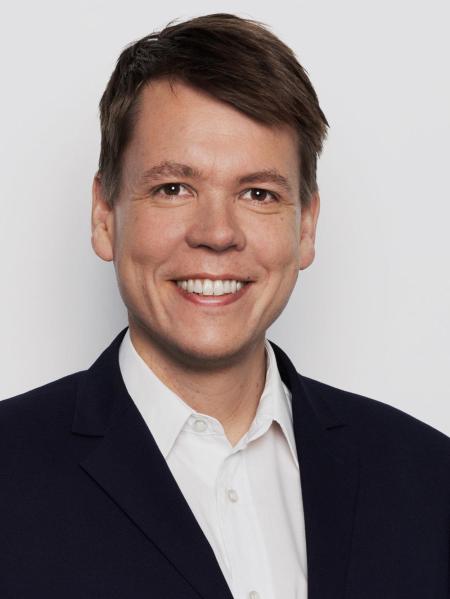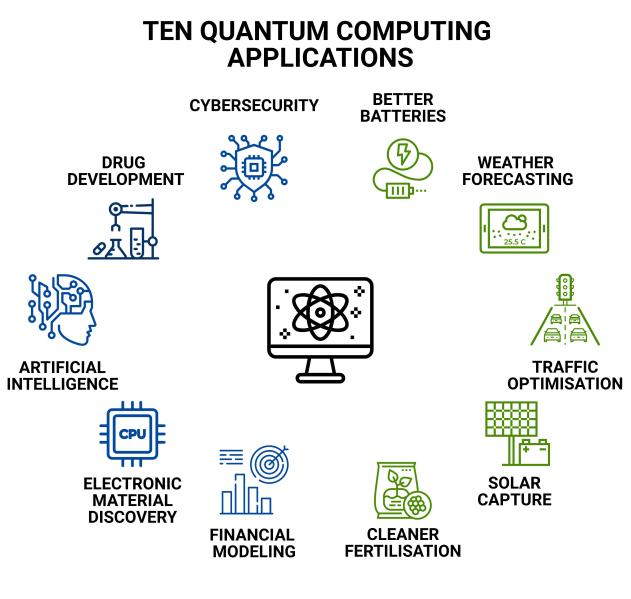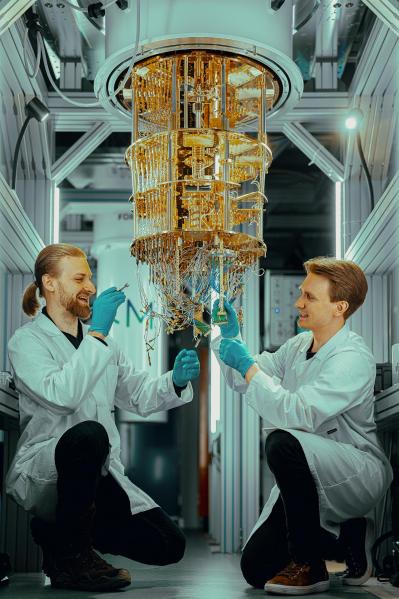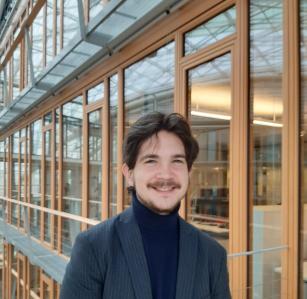A Finnish company goes beyond zeroes and ones to build quantum computers that speed up scientific breakthroughs, improving everyone’s lives
The words “quantum computer” likely bring to mind Hollywood sci-fi, where this technology is used to bend time and power futuristic cities. But quantum computers are real. Experts believe they could change the world, create futuristic technologies, and make science-fiction dreams reality.

Finnish company IQM Quantum Computers is participating in this early dawn of the quantum computing age. “We are Europe’s first quantum-dedicated fabrication facility,” says Juha Vartiainen, co-founder and chief operating officer at IQM. “Our quantum processors and computers could revolutionise many sectors, from drug and vaccine development to cybersecurity, and bring important innovation in climate tech areas.”
Quantum computing is seen as the next big thing in tech, with experts projecting the market to hit $770 million by 2025. That is why the European Investment Bank is supporting IQM with a €35 million loan, signed in February this year, through its European Guarantee Fund, a facility designed to help European businesses deal with the economic impact of the COVID-19 pandemic.
What are quantum computers?
In 1981, Richard Feynman, a visionary physicist, suggested that a quantum computer had the potential to carry out simulations of physical systems that a classical computer could not possibly do. Unfortunately, nobody knew then how to build such a computer.
Seventeen years later, Isaac L. Chuang, Neil Gershenfeld, and Mark Kubinec would prove that this is feasible by creating the first two-qubit quantum computer. This breakthrough would pave the way for a full-size quantum computer, a quest that is still ongoing.
A standard computer processes digital bits of 0s and 1s. Quantum computers use quantum bits or qubits that store a zero, a one, both zero and one, or an infinite number of values in between. That increases enormously its capacity for calculation.
For example, a future quantum computer could crack any of today’s common security systems in seconds. The best supercomputers today would require millions of years to do the same task.
Quantum computers will mainly do the same tasks as our current computers—just much faster. But there are many other possible uses of this new technology.
“By using quantum computers, we could simulate chemical reactions, facilitating drug design and production of different materials,” says Vartiainen. “From finance to energy, medicine to material sciences, logistics to advanced industries, quantum computing speeds up discoveries and breakthroughs to improve the lives of everyone.”

Venture debt is a solace for quantum
Europe has a strong tradition of quantum research, with many world-leading centres located here. But China and the US are starting to slowly lead the quantum race.
The EU bank’s European Guarantee Fund aims to boost Europe’s competitiveness by supporting companies hit by the COVID-19 economic downturn. Many of these companies are tech firms that lack capital to fall back on, even though they need to scale up their business. That’s particularly important in technology sectors where European companies might otherwise have to look to the US or China for alternative financing.
“The Fund enables us to offer long-term venture debt solutions and address the unique funding needs of fast-growing innovative companies in sectors crucial for Europe’s future,” says Cristian Antoci, a venture debt and equity officer at the European Investment Bank.
With the European Investment Bank’s support, IQM can continue to pioneer quantum research in Europe and worldwide. “The financing will be used to further develop and expand our European operations,” says Pia-Johanna Lemmetty, head of finance at IQM. “It will also help us continue the development of our product and the expansion of our team of extremely talented experts.”

IQM aims to build a 50-qubit device, by 2024. The computer will be built at VTT’s and Aalto University’s joint national research infrastructure centre Micronova in Espoo, a suburb of Helsinki
Finding quantum solutions to modern problems
IQM wants to use its innovation to tackle the climate crisis.
“Quantum computing could be integral to finding resolutions to climate issues,” says Vartiainen. “This could mean developing more efficient batteries to replace the combustion engine, improving weather modelling technologies, or optimising the energy grid to lower CO2 emissions of city traffic flows.”
The company is also helping create the next-generation European quantum ecosystem.
In December 2021, the company opened a dedicated fabrication facility in Espoo, Finland. This new facility will create high-tech jobs and stir up more research globally by collaborating with international research centres and universities.
